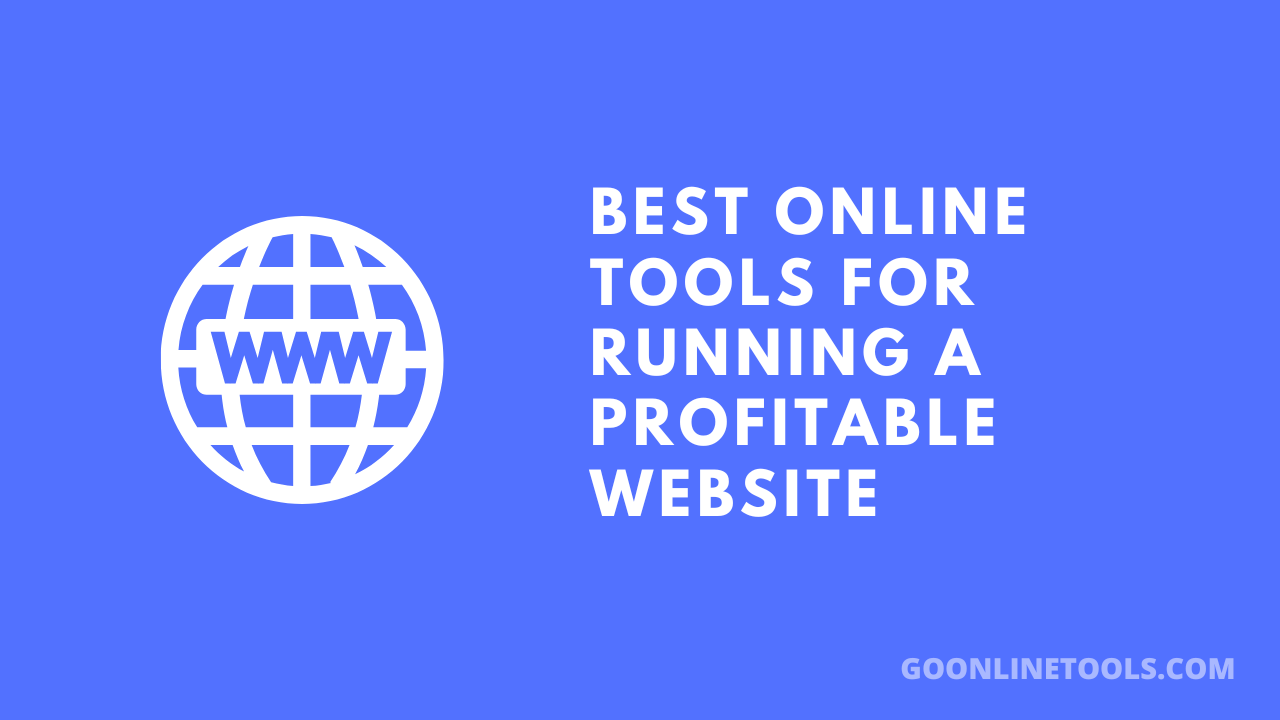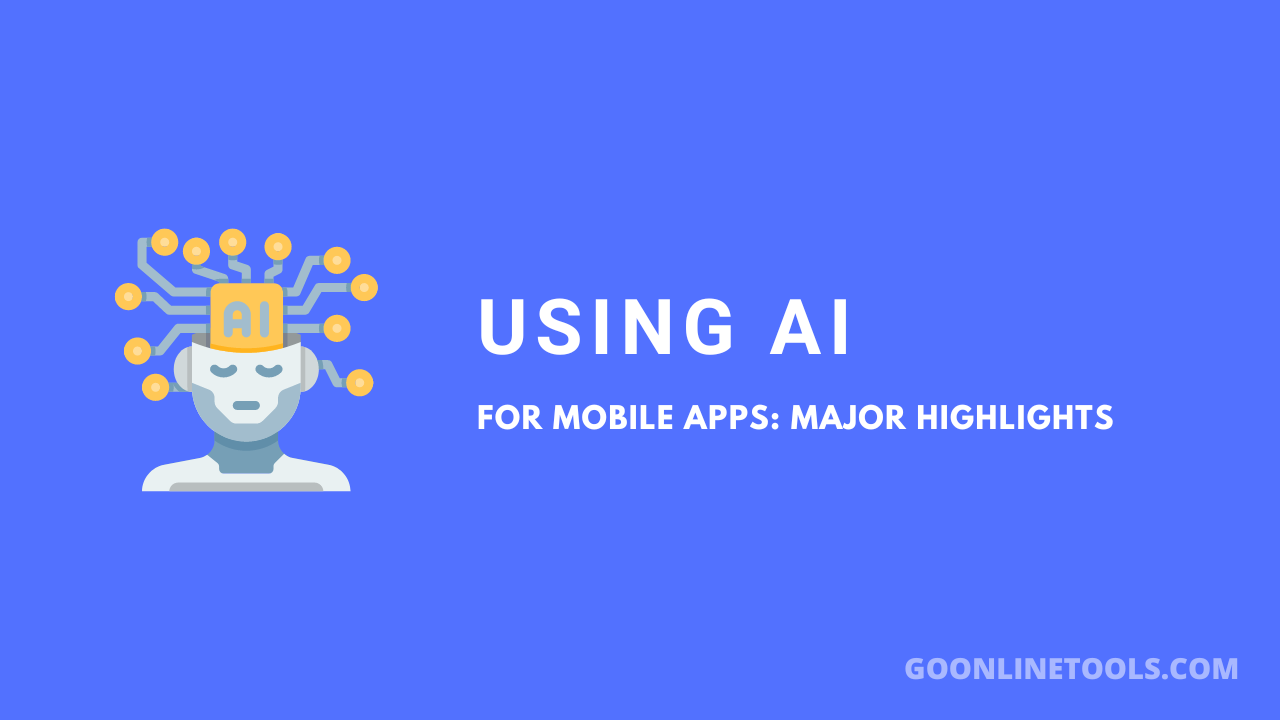
Featured image for "3 Primary Benefits of Business Analytics And Business Intelligence Solutions in The Retail Sector"
According to EPAM Anywhere, business intelligence in the retail industry provides the correct data for retailers to make data-driven and better-informed decisions. It will also help you better understand your customer’s attitudes, pain points, behaviours, and needs which are crucial for your business’s success.
You would be able to achieve your retail goals faster when you employ a business intelligence solution. There are numerous benefits of business analytics and business intelligence solutions in the retail sector. This article will list some of them.
Benefits Of Business Analytics And Business Intelligence Solutions in The Retail Sector
Here are the primary benefits you would enjoy if you employ business analytics and intelligence solutions as a retailer:
1. Open And Manage Numerous Stores
Undoubtedly, you have a genuine reason to celebrate if you are opening new stores across different locations. It implies that your business is moving forward. And although new stores present better opportunities to access and reach more potential customers, you will also be faced with a severe challenge.
The only sustainable way for your growth is for all your new stores to deliver what your brand promised to potential customers. You must also fulfil these promises at every customer’s touchpoint. And seeing how ever-changing the retail sector is, you can’t afford to make mistakes in this aspect. It would be best if you learned how to fix anything that is not working as it should.
With the application of business intelligence in the retail industry, you can now eliminate static reports and the numerous spreadsheets you use to keep up with your multiple stores. You can now employ advanced responsive data analytics. You can also use analytics and reporting to discover distinctive patterns in inventory, sales, margins, and regulations in each geography.
This will, in turn, help you to optimize your operations across your stores. You will know why you are not seeing the desired changes in a particular store and take the necessary actions.
2. Easily Handle Supply Chain Difficulties
A significantly functioning retail business must have effective and efficient marketing. However, retailers are often faced with numerous marketing issues. These issues include but are not limited to out-of-stock products and underperforming inventory.
In recent years, the supply chain has become more difficult due to some special dynamic forces. These include diversification in sales, sourcing practice changes, and distribution formats. There is usually constant pressure to quickly replenish products that are about to finish on the shelves. You can’t avoid troughs and seasonal peaks. So, it’s crucial to address logistics and convey the correct volume of goods effectively.
Retail BI analytics help you to improve your brand. This will, in turn, give you more reduced markdowns, good assortments, and the effectiveness of more excellent inventory. You can use the easily accessible crucial and insightful data to see how functional your supply chain network is, comprehend demand patterns, and enhance your daily business operations. This will help you to increase customer satisfaction and loyalty.
3. Stay Up-to-date With Current Consumer Trends
Two primary factors control core retail trends; transformative cultural shifts, and ever-changing consumer behaviours. These trends include:
- Consumers want various high-quality and affordable products
- In this age, consumers are also significantly informed due to advanced technology like smartphones, the internet, and social media. These technologies give consumers unparalleled access to pricing, products, and reviews.
- Consumers constantly want to communicate with retailers swiftly and consistently.
You must be able to keep track of customer trends to be effective at design, marketing, and product development. One of the benefits of business intelligence in the retail industry is to analyze and prepare for massive data. You will then identify repetitive patterns in customers’ buying behaviour.
You can also plan, access, and monitor how successful your promotional activities are. And you will be able to know how your customers react to seasonal promotions, marketing incentives, and competition. You can also collate social media data and analyze how our customers respond to your social media posts. You will then use the information to monitor buying patterns, demographics, and influencing behaviours.
Final Thoughts
There are several benefits of business analytics and business intelligence solutions in the retail sector. Some include managing several stores seamlessly, efficiently handling supply chain difficulties, and staying up-to-date with consumer trends. If you are a retailer and want to improve the scalability of your business, you must employ business intelligence in your daily operations.
The Editorial Team at GoOnlineTools.com specializes in delivering cutting-edge information on technology.
View all articles




